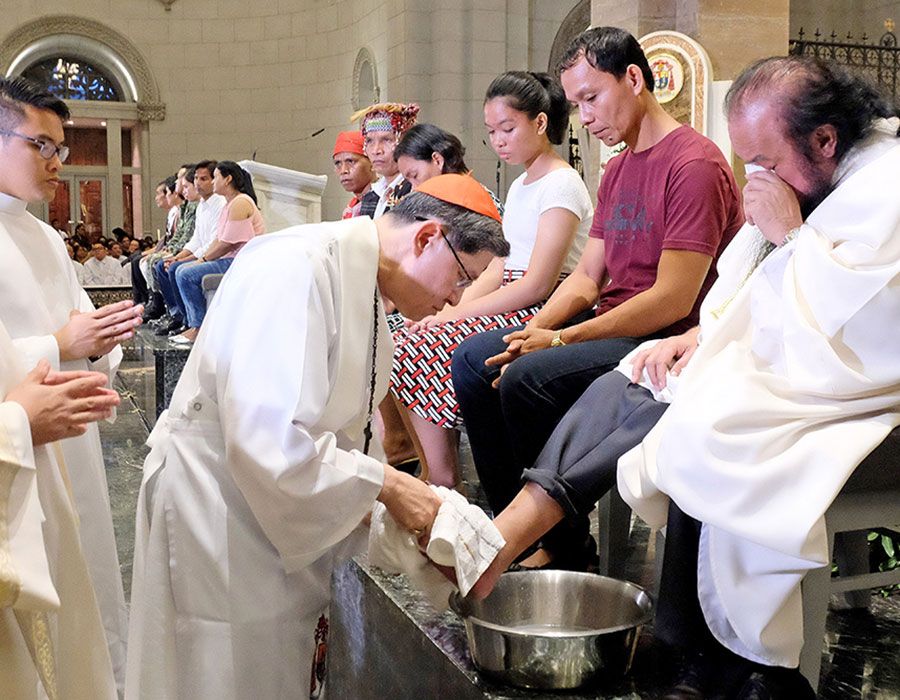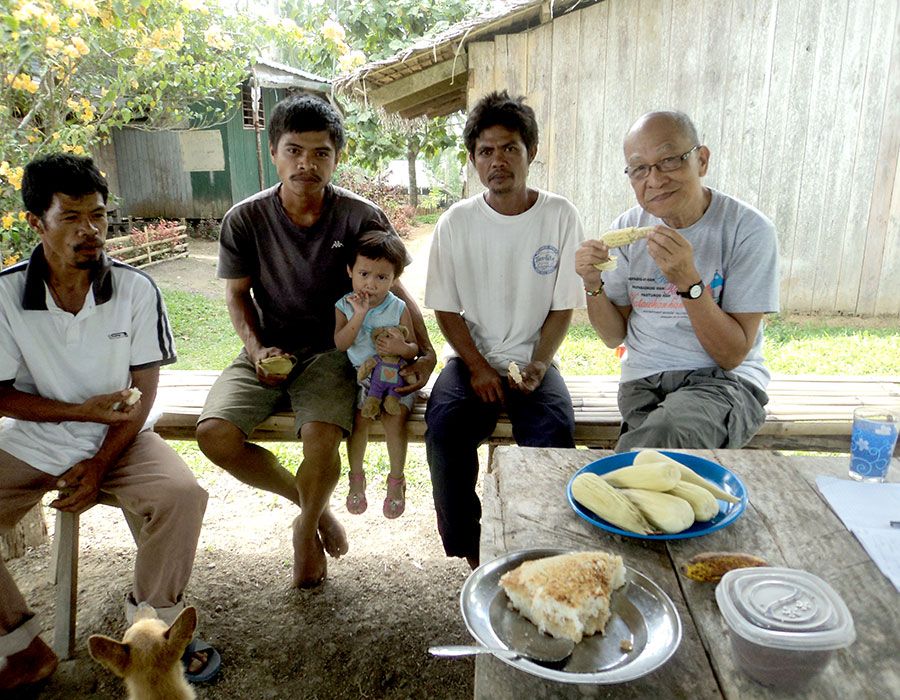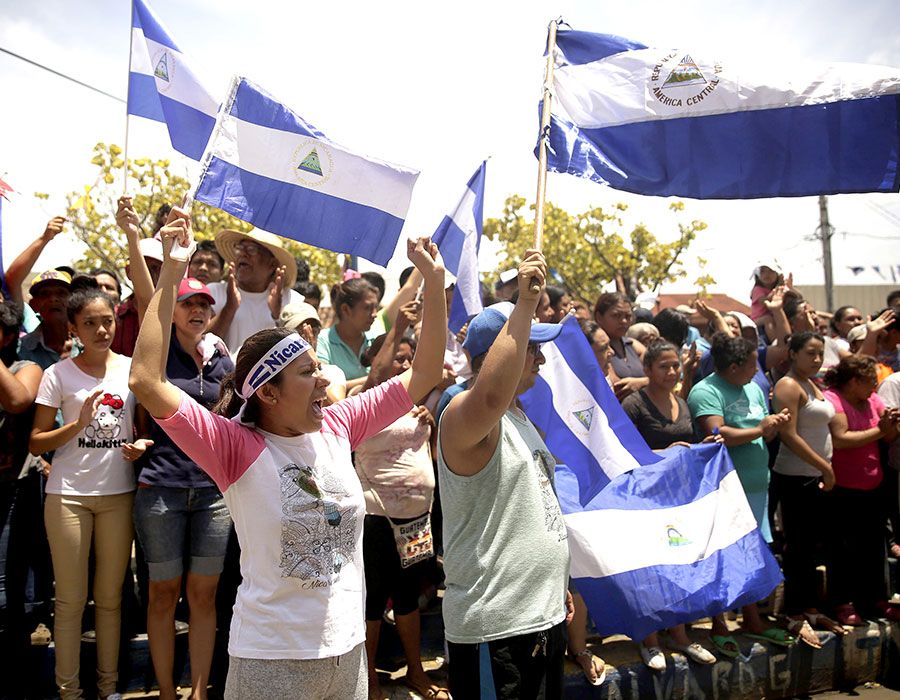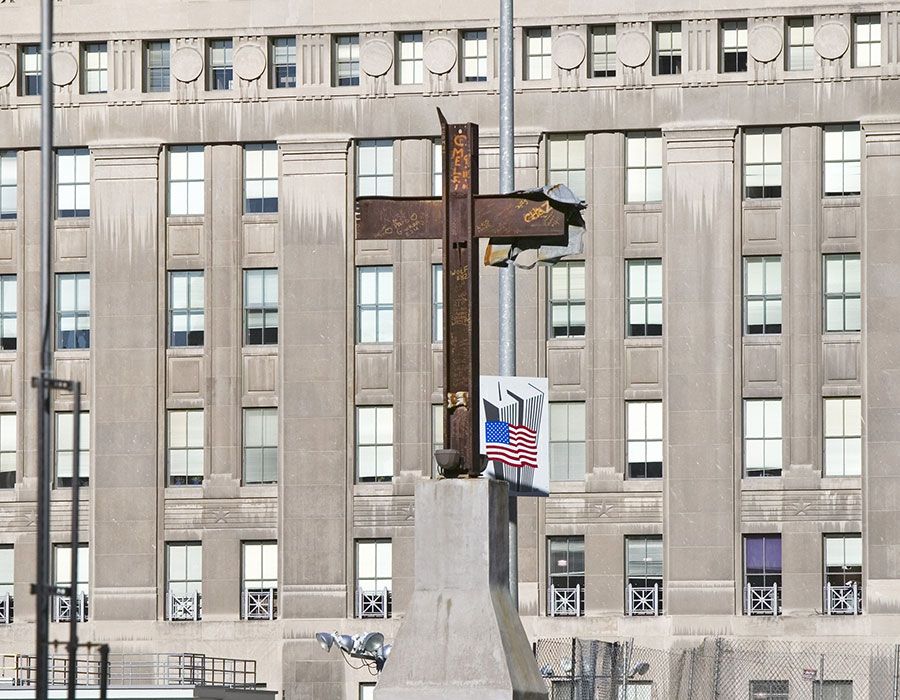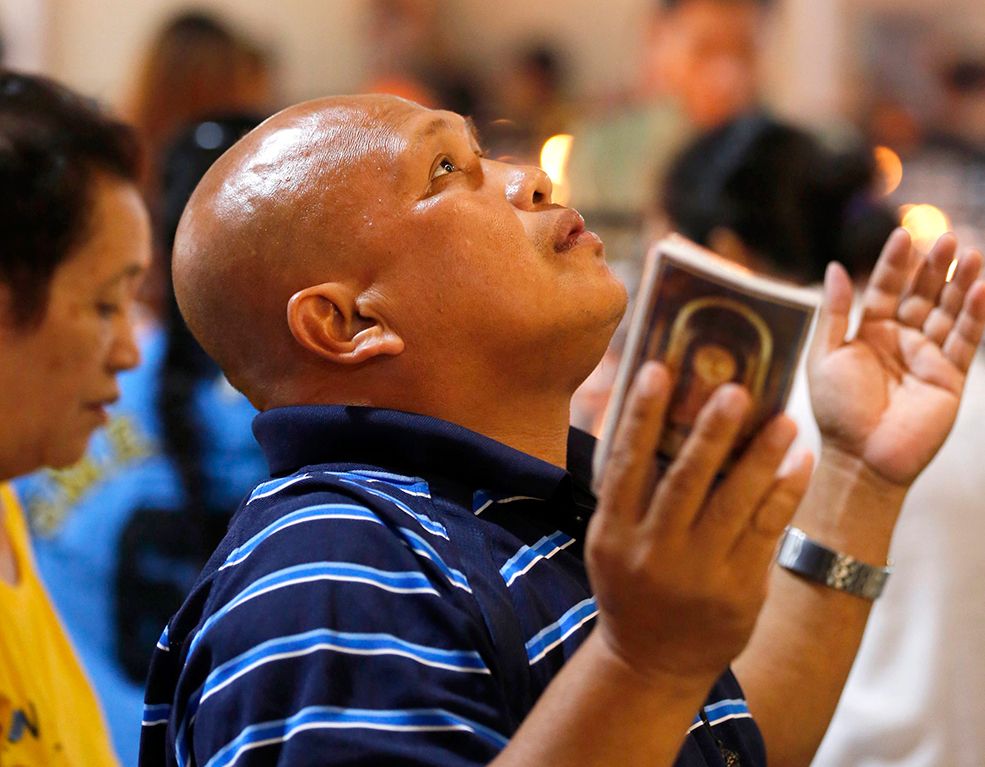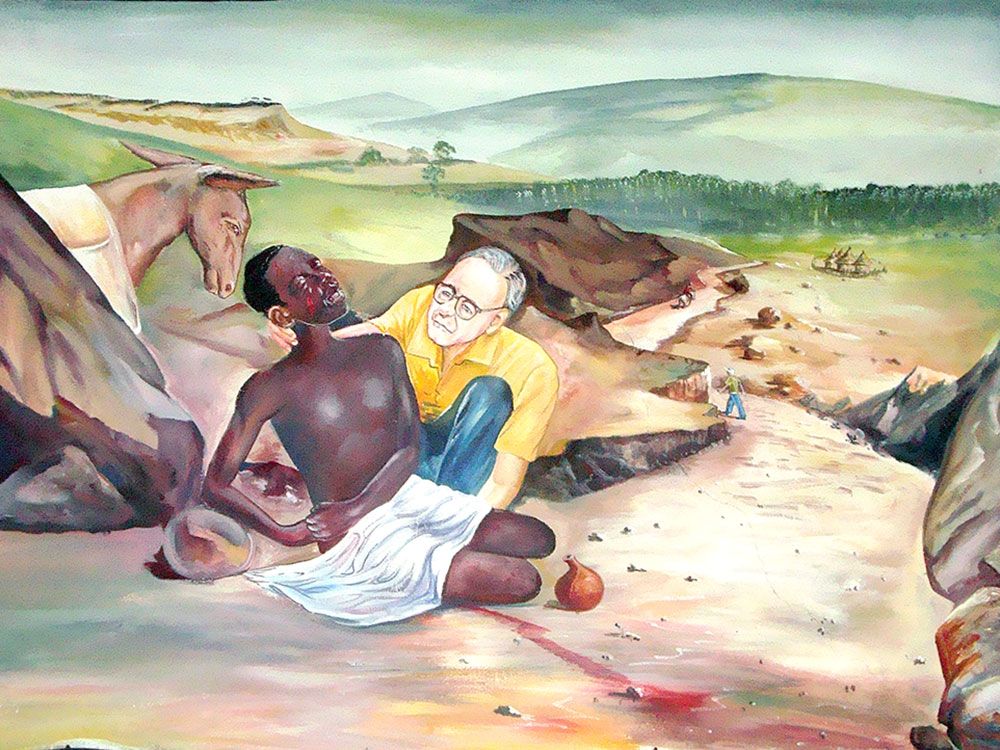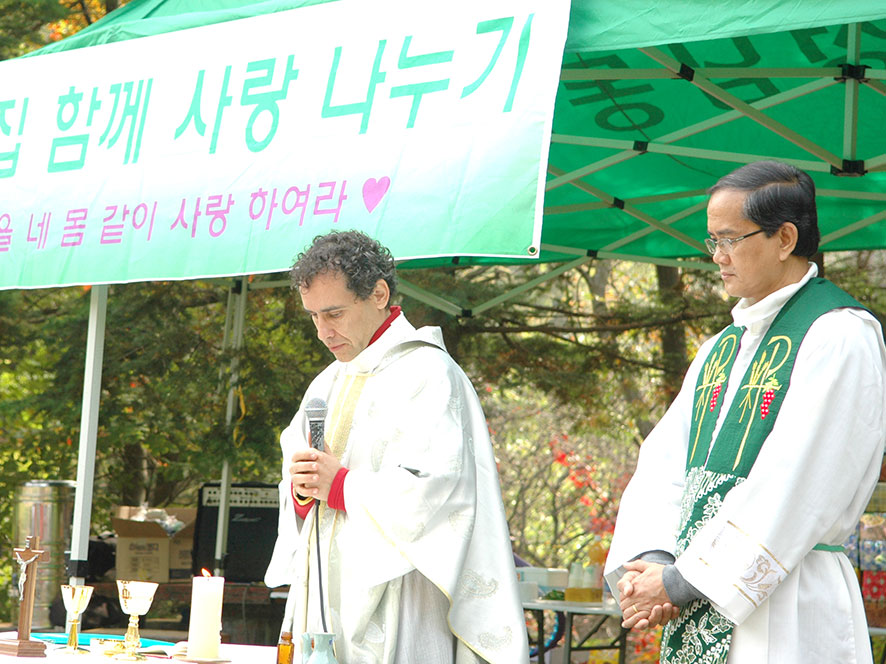In 1Cor 11: 23-26, St. Paul describes the institution of the Eucharist in a lively and concise way. Twice he quotes the words of Jesus: “Do this in memory of Me.”
I am convinced that God calls the missionary Church to proclaim that all that we say, do and become for the Kingdom has its origin in the Eucharist, in what we do in memory of the Lord. Moreover everything aims at it. We can understand and appreciate the statement of Vatican II: “The Eucharist is the source and, at the same time, the summit of all the life and of all the activity of the Church.”
The Eucharist defines the followers of Christ. It also enables them to live and act as such. Woe to us if we were called to live the good life of the Gospel putting our trust in human strength. In fact, in matters of life and growth, our human strength reveals itself always as weakness.
More than ever the missionary Church is called to proclaim the Eucharist as the sacrifice of Christ and the whole Church. For all the followers of Christ the Eucharistic sacrifice must become ‘martyrdom of the heart,’ that is life, offered to God day after day, spending one’s energies for the Father’s glory and for the salvation of all.
A Banquet
The Eucharist has also a basic aspect of banquet: Christ coming to His followers not only to nourish them but also to enable them to be of nourishment to others, through what they say, do and become. In a catechesis of the early Church there is this powerful expression: “The persons who receive Christ in the Eucharist become like living bread offered to the Father, blessed, broken and given by Him for the nourishment of all those persons they encounter on their path of life.”
From the Eucharistic celebration, the most basic Christian spirituality derives, for the missionary Church, the Eucharistic spirituality, of which I present the three most important aspects.
a) It is a spirituality of presence: In fact it makes us understand that as in the Eucharistic celebration Jesus becomes present, so His followers are called to make Him present in the world by becoming sacraments, witnesses of Jesus (Mt 5:13-16). Pope Paul VI made a statement which has been quoted several times since the time it was pronounced: “The world today does not believe in teachers, but in witnesses, and if it believes in teachers, it is because they are also witnesses.” Teachers become witnesses of Christ and of His love to be living channels of salvation for all.
b) It is a spirituality of tension, not of nervous tension but of the tension of the Spirit which is always tempered with hope. In this way we say a big no to pessimism and a big yes to the optimism of faith based upon what the Lord can and in fact does accomplish for us. We let God be the God of surprises for us.
c) It is a spirituality of communion. The Eucharistic celebration is essentially a communitarian celebration and the Eucharistic spirituality makes us understand that nobody is an island. In isolation a person dies because it is only in communion that one can celebrate life, walking together, helping each other and sharing the gifts we have received from the Lord. Fortunately, if what we give appears to us as something small, we can remember that for God nothing is small when the heart is big.
We pray that, through the intercession of Mary, St. Daniel Comboni and all the saints, the Lord may grant us the gift to be “Christified persons” as we appreciate our being Eucharistic people.




